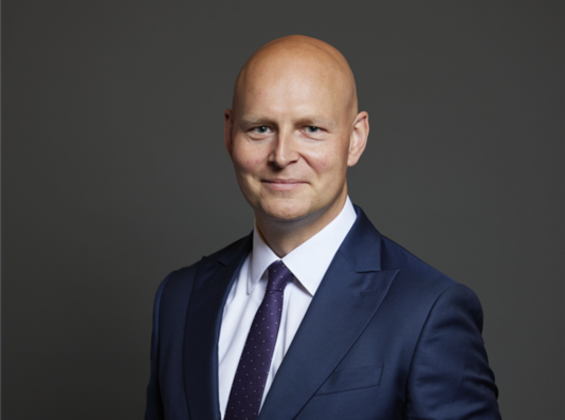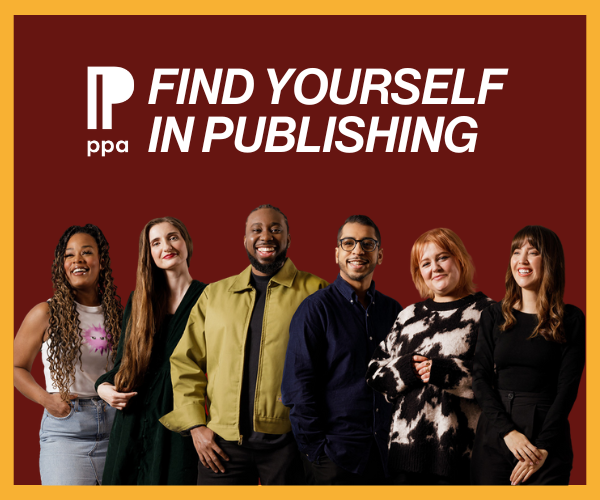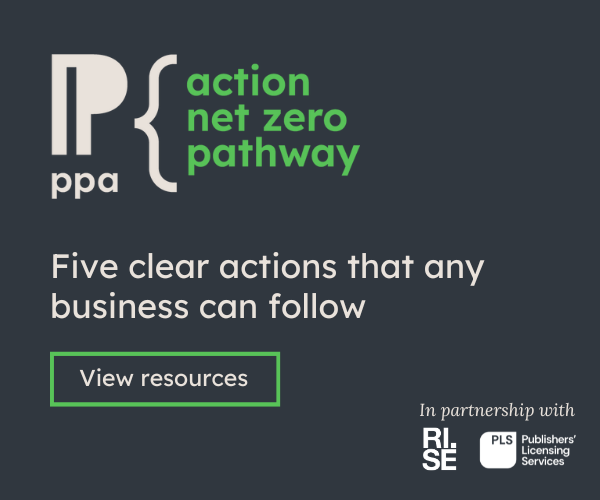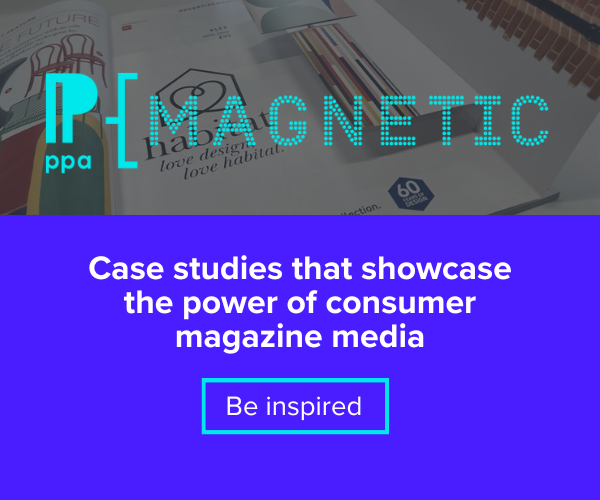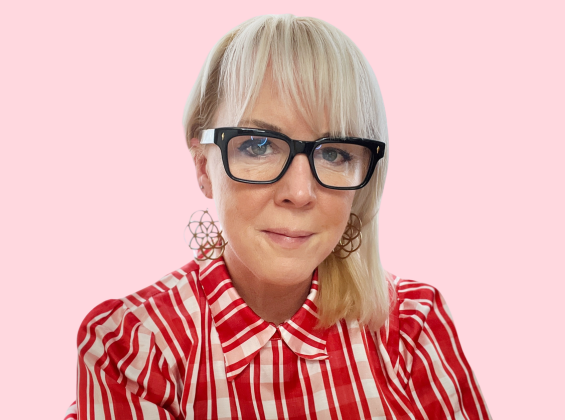When did you know you wanted to be a journalist?
I knew I wanted to be a journalist the day I got into Law School.
Since finishing education (Undergraduate in Music at the University of Oxford, followed by a Masters in Management at Imperial College Business School), I had been working in the live music industry, until I was put onto furlough from April 2020. I felt pretty useless when the pandemic started, and didn’t feel like I was doing my part, mostly because I didn’t know how I could use my skills to help people during a global pandemic. At the end of April 2020, the UK Government introduced Statutory Instrument 445 overnight, removing vital legal protections and safeguards from children in care. My first reaction as a foster care advocate was to take to social media to share and sign petitions calling for the legislation's withdrawal. Then, I decided to take a different approach. I took an intense six-week course, accredited by the University of London, on English Common Law to further my understanding of emergency legislation. I used my new-found knowledge to educate others campaigning for the withdrawal of SI 445, as well as concerned foster children who weren’t able to understand the legal rhetoric associated with the campaign. I then decided to apply for law school. If I couldn’t help with the current legal proceedings, I decided I wanted to be able to stop something like this from happening again in the future. Thinking I wouldn’t get in, I decided if I didn’t get in, I would apply to journalism school as a second choice. I’m passionate about disseminating information in an accessible way, and what better way to explain legal actions, than in a widespread easy-to-read article. Within 24 hours I was accepted to Law School with an unconditional offer for an LLM in International Human Rights Law, and I was devastated. Turns out, my second choice of journalism school, had actually been my first, and a few weeks later when I got my acceptance email to the part-time NCTJ course at News Associates, with support from the amazing Journalism Diversity Fund, I knew that this was the right choice for me.
How did it feel to win PPA 30 Under 30 Student of the Year award?
This was such a mixed feeling. I received my award the day after I was officially diagnosed with Rheumatoid Arthritis after a 8 month long battle with the auto-immune condition. I’m not sure how to describe exactly how it felt to be studying at journalism school, whilst gradually losing the ability to hold a pen, but to put it in layman’s – it sucked. This disease made me question my entire career choice – and it goes without saying, but my shorthand classes very quickly became more about me trying not to cry than keeping up with the 100wpm passages. I spent a lot of my training feeling pretty useless and frustrated as my body seemingly fell apart in front of me. Receiving the PPA award reminded me what I’ve still managed to achieve despite this, and I am going to do everything in my power to make sure this condition doesn’t hold me back from a successful career in the industry.
Many publishers have recently made a commitment to better class and racial diversity in our industry, what do you think can be done to better this? What do you plan long term in your career to aid diversity and inclusion?
I got into journalism because the issues important to my community (other care experienced people) weren’t being told in the mainstream. One of my first articles was an exposé on discrimination faced by pregnant care experienced mothers, and my pitch had been rejected by all of the major publications and broadsheets I had (admittedly cold) emailed. Sian Norris, Chief European & Social Affairs Correspondent, at the Byline Times, gave me the break I needed. I broke the story in an article for the Byline Times and subsequently, was asked by the Government's Independent review of children's social care to help create a parent-centered focus group to tackle the issue that I had exposed. I’ve since written multiple articles for Byline, and now have a much higher success rate when I cold-pitch editors thanks to my portfolio. All I had needed was that first ‘yes’ from an editor; in the future, Sian is the type of Editor I will strive to be. The type of Editor who helps to platform, not discourage.
What project have you worked on that you are most proud of?
Whilst I was still at News Associates, I was approached by Good Law Project to work on a video with the not-for-profit campaign organisation about their latest legal action. I had previously worked with the organisation via a care experienced collective I helped found, and their upcoming case involved the issue of young people in care being moved ‘out-of-area’. I interviewed a number of young people who had experienced these moves, alongside professionals who were willing to whistle- blow on the current state of the UK’s care system. I subsequently released a video, alongside an article, which I narrated and created with a really talented animator. You can watch the video here
https://twitter.com/goodlawproject/status/1414929500895334403?s=21
Which journalists do you look up to and why?
I think my first proper ‘journalism fan girl’ moment was watching Carole Cadwalladr in Netflix’s The Great Hack. When the documentary was released in 2019, I was doing my masters at business school, and journalism wasn’t an option in my mind as a potential career. But when I saw what she had uncovered and the importance of her investigation, I was completely blown away. Investigative Journalism had absolutely captured my attention, and I knew I somehow wanted to do the same things she was.
How do you think publishers can continue to engage young talent to pursue a career in journalism?
My Twitter bio is mostly taken up by the sentence ‘there are enough ears in this world to make the smallest voice heard’. Coming from a foster care background, I grew up thinking no one cared about what I said, thought, or the issues that mattered to me. Spoiler alert, there are quite a lot of communities out there who feel the same. Realising this, was one of the reasons I decided to become a journalist, and I think with the current situation of the world, many more young people are aware of this platforming inequality. By acknowledging who you have in the workforce and who you are writing about in the newsroom is a great first-step, and shows young people wanting to go into journalism to create change, that you are willing to act.
What's on your radar?
I love how multifaceted it is to be a journalist in 2021. Working in digital at a radio station means that on any given day, my journalism could be in a written, podcast, video, or social media format. Before journalism, I had a 10-year plan, and thought I knew exactly where my career was taking me. Now, I have no idea what the journalism industry will look like in 10 years, and that’s so exciting. I can’t wait to see what’s next in terms of journalism formats and what new skills this career will bring.
What magazine do you stockpile?
I’m a digital girl for sure, and am a huge fan of gal-dem. Before I got into journalism, they were the first media publication I knew of that were tackling inequality in the newsroom and actively reporting on issues which are important to people of colour from marginalised genders. I also follow quite a few magazines on Instagram, as I think this social media platform especially has had a boom in terms of news delivery.
